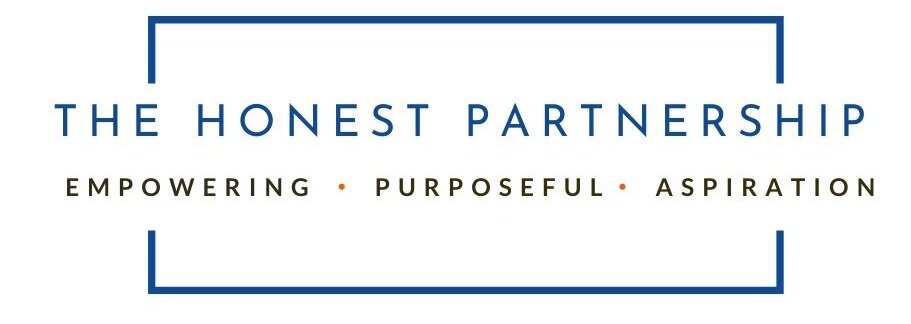What You Think You Can’t Live Without (But You Really Can)
Improve your wellbeing by making a decision to declutter your draws.Improve your wellbeing by making a decision to declutter your draws.
Can I live without this?
This 30-day mantra resulted in an unexpected change in my mental wellbeing and 470 items or clutter being recycled, donated, re-gifted and binned. I’m suggesting improving your wellbeing by making a decision to declutter your draws…yes really.
The process of ridding a home of unnecessary stuff is easily one of the most eye-opening, uncomfortable and refreshing therapeutic acts I’ve experienced in while. Whilst going through items in draws, cupboards and boxes, my mind raced. As it became uncomfortable it brought forward my inner thinking, my subconscious thoughts, that inner chatter that holds me back;
“I might need that.”
“I remember when…”
“Oh, I’ve never used that!”
“Urm, didn’t know I owned it”
“What is it?”
“Is this mine?”
“That’s was my Mum’s!”
Randy Frost, a professor of psychology at Smith College and the co-author of “Stuff,” believes people hold on to objects for three basic reasons underpinned by fear:
Sentiment: The item reminds them of a person, a place a time that we fear we will forget.
Utility: Frost references our tendency to keep what someday may come in handy, this thinking comes from place of fear of being wasteful.
Aesthetics: Frost says we create attachment to what we deem beautiful, and there is a fine line line between eclectic aesthetics and pathological collections of items that are actually clutter coming from a fear of being empty.
My own clutter came from a combination of sentiment and utility. I had three different ways of peeling and chopping garlic, 12 wrong sized bras, 6 half used body lotions, car insurance documents from 10 years ago and 13 GU ramekins; what occasion would call for 12 ramekins being used at once?
Frost talks of how we interpret throwing away an item as erasing a piece of life away, I definitely related to this. After my Mum’s death I raided her cupboards for clothes, shoes and jewellery which I’ve clung on to. I felt like I wouldn't be able to captured that memory again if I didn't have her things. It didn't feel right just to automatically throw.
In dealing with these sentimental items, I turned to the advice of Marie Kondo, author of Spark Joy and a advocate of decluttering. Kondo flips the approach and asks what you want to keep? Its not a cop out, you have still have to assess each item and ask; does this object spark joy in you heart? I now have a carefully curated selection of memories. I’m not putting it all in boxes, I’ve hung her necklaces up so I can see them daily and have up-cycled a few dresses so I can wear them. Memories are now evoked daily and I’m enjoying this and honouring her memory and her things.
How it works:
To work this out, you have to touch the object, and see what response that elicits inside you and ask if it sparks joy? You'll instinctively know if the item has the spark and if not then ask, do you need it in your life?
Principle of Declutter
An essential ingredient to this process is commitment. To get traction you need to follow a simple plan, we all recognise that simple changes can have lasting impacts, so I followed Joshua Fields Millburn & Ryan Nicodemus 30-Day to Minimalism challenge. For one month the idea is you must get rid of one thing on the first day. On the second, two things. Three items on the third. So forth, and so on, so thats the programme.
The question you’re asking yourself is do you believe you couldn’t possibly live without this item in your life?
It’s a necessity, an essential, life wouldn't be the same! This simple question has shifted my perspective on not just what was thrown and kept, its influencing my shopping habits and is creeping into other areas of my life.
I’ve not finished yet, my intention is to literally looked through every nook and cranny of my home and rummage through all the things I’ve accumulated over the years and assess what ties me to the past. There is a proven psychology behind decluttering because you are acting on what you love, you experience a feeling of freedom and aliveness that overcomes the fears of holding on. It has been found that indecisiveness is an underlying factor for clutter so decide to be free, because you can live without it.


